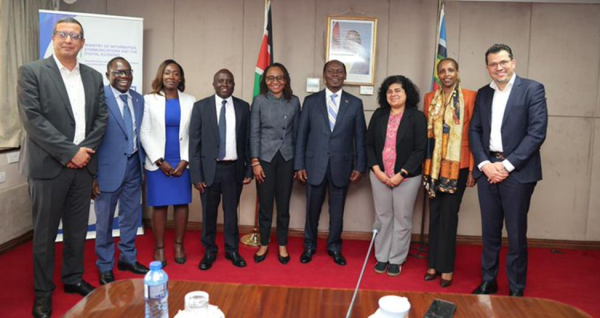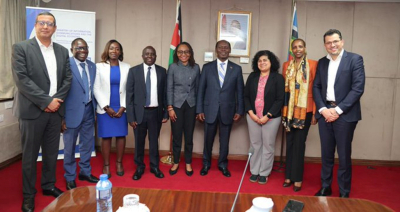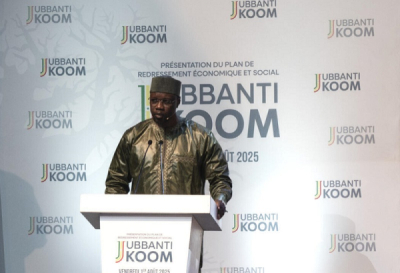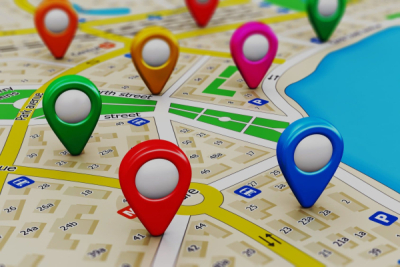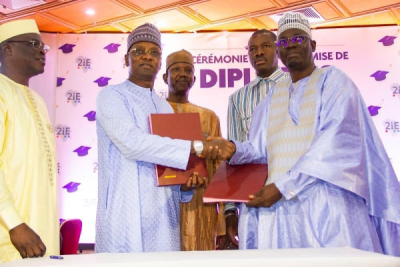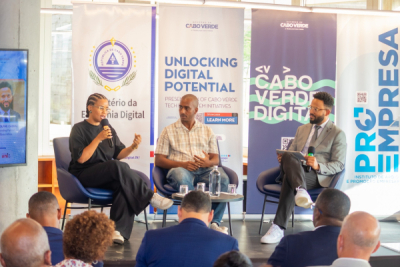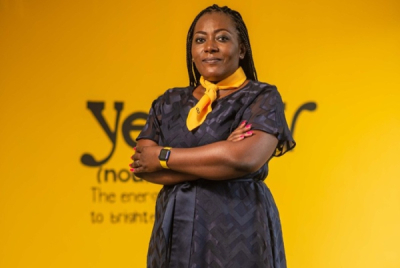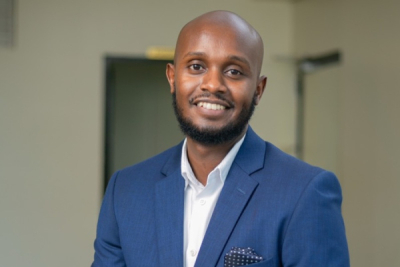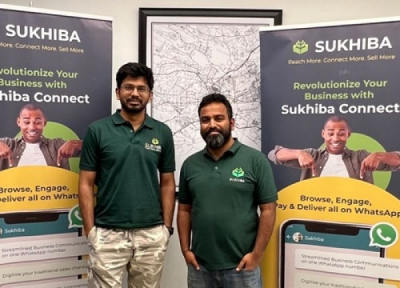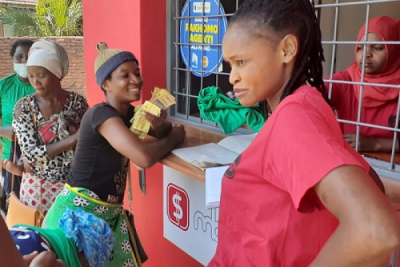The partnership talks to Kenya’s biggest digital ambitions — secure infrastructure, AI-powered governance, globally competitive talent, and sovereign data control. By collaborating with a global tech heavyweight like Microsoft, Kenya can de-risk its digital transformation journey while unlocking new economic opportunities for its citizens.
On July 31, a high-level meeting was convened between senior government officials and a Microsoft delegation to explore strategic areas of collaboration aimed at accelerating Kenya’s digital transformation. The discussions focused on enhancing cybersecurity, fortifying the security of public infrastructure and citizen data, and rolling out Digital Hubs across the country to foster innovation and connectivity.
In attendance from the government were Principal Secretaries Stephen Isaboke (Broadcasting & Telecommunications) and Eng. John Tanui (ICT & Digital Economy), along with Emmanuel Kata, Secretary of ICT and Security Audit Control. Representing Microsoft were Rashida Hodge, Corporate Vice President of Data and AI Customer Success; Aarti Borkar, Corporate Vice President of Security, Customer Success & Incident Response; and Phyllis Migwi, Country Manager, Microsoft Kenya, among other senior executives.
A key highlight of the meeting was the integration of Artificial Intelligence (AI) across government operations. Both parties emphasized the importance of mainstreaming AI to improve service delivery, strengthen policymaking, and build institutional resilience. This initiative is expected to position Kenya as a leader in AI adoption within the public sector.
The dialogue also delved into strengthening Data Governance and Compliance frameworks. The government and Microsoft explored ways to promote trusted cloud partnerships while ensuring sovereign control over national data assets. This approach aims to reinforce public trust and safeguard sensitive information in an increasingly digital world.
The high-level engagements with Microsoft come at a pivotal moment in Kenya’s digital journey. According to the latest GSMA report, Driving Digital Transformation of the Economy in Kenya, the digital economy is projected to contribute KSh 662 billion to GDP by 2028, up from KSh 421 billion in 2022. Realising this potential requires rapid expansion of secure digital infrastructure, cloud services, AI-enabled public service delivery, and trusted data governance — all areas central to the discussions. By partnering with global technology leaders, Kenya aims to not only safeguard its digital transition but also unlock new economic value, accelerate job creation, and cement its position as a regional hub for innovation.
Hikmatu Bilali


